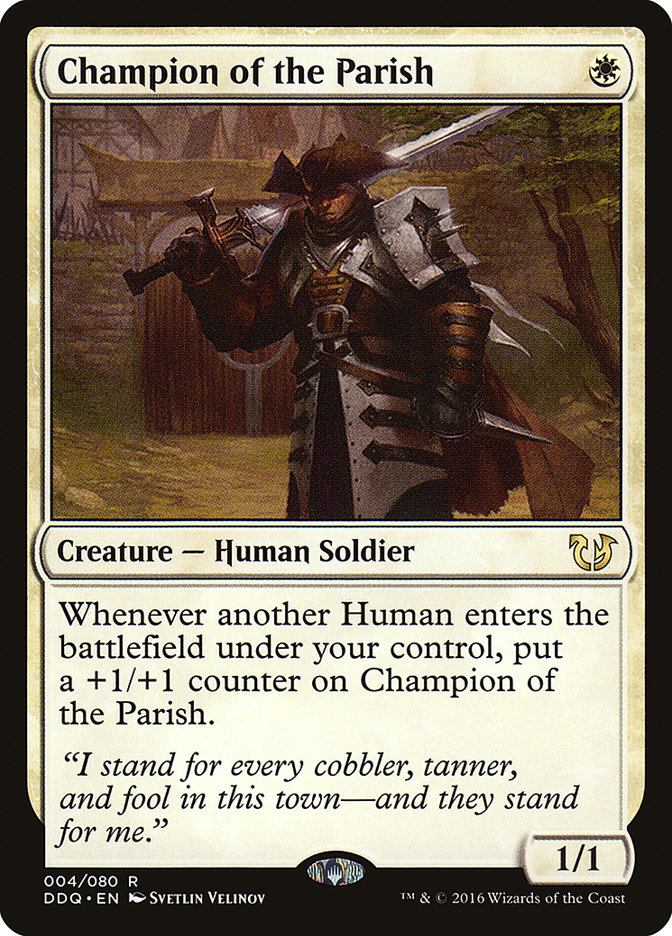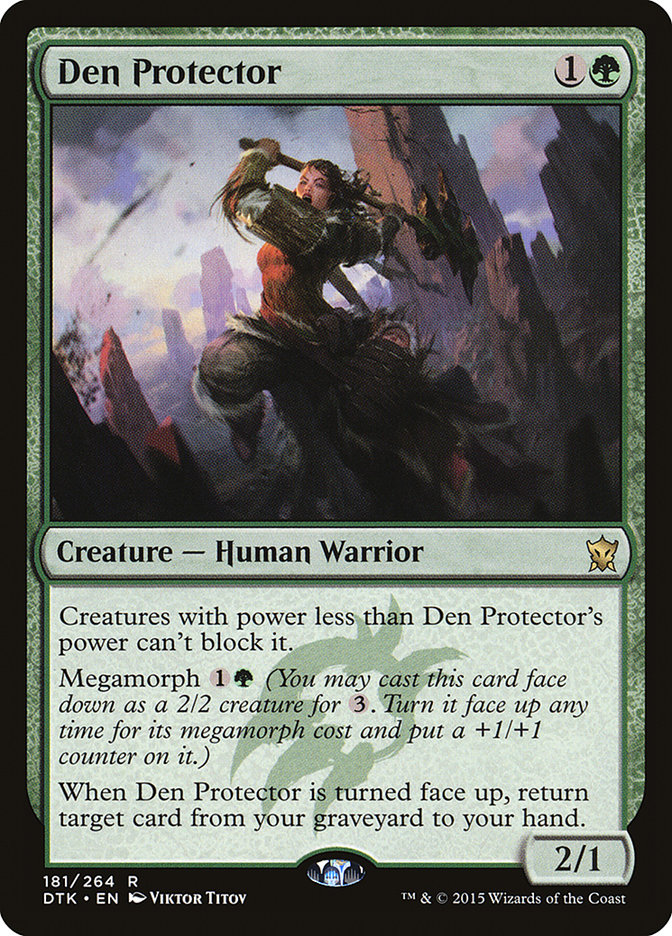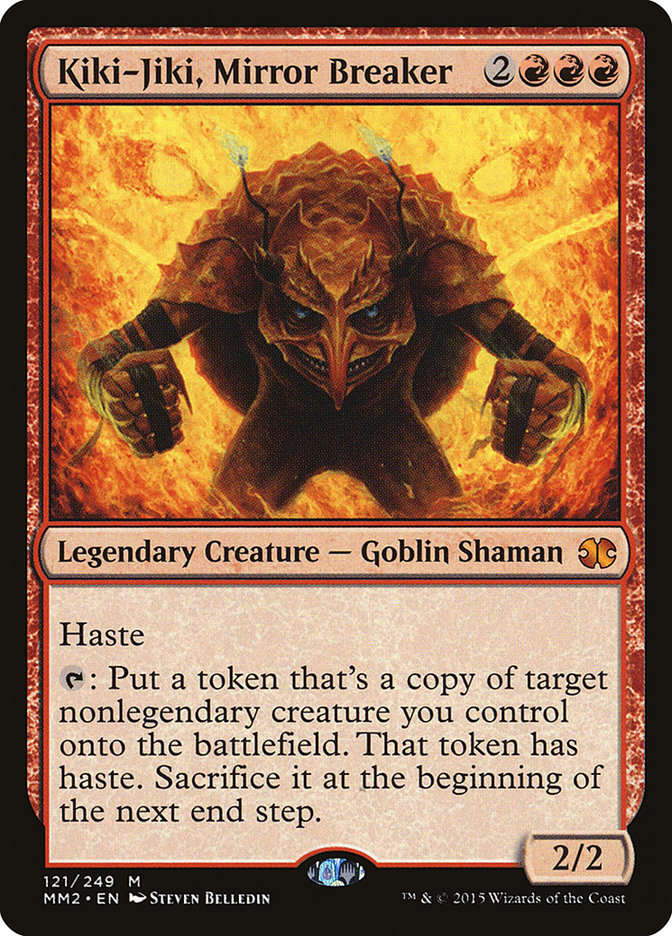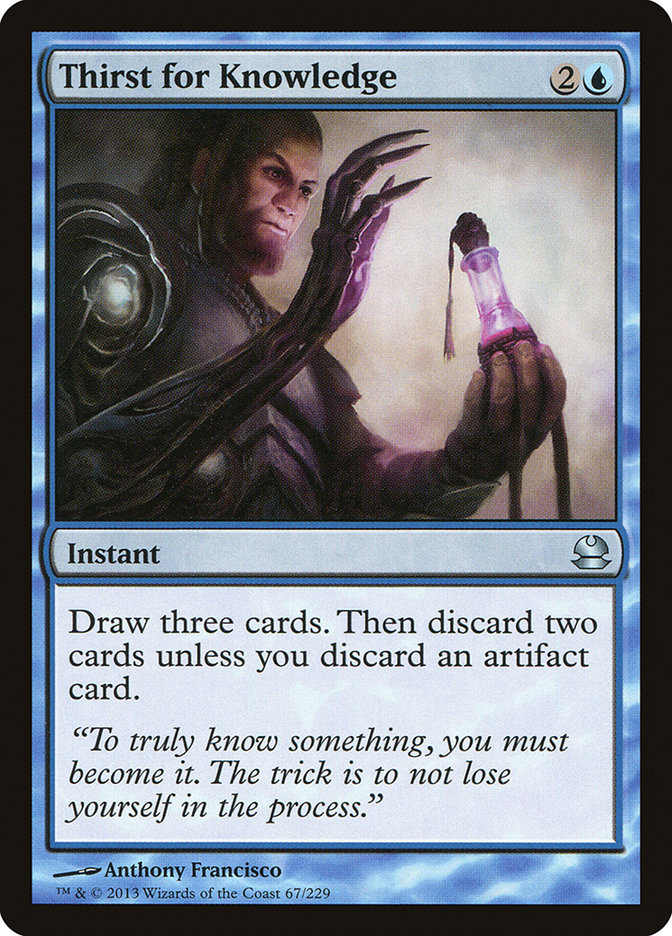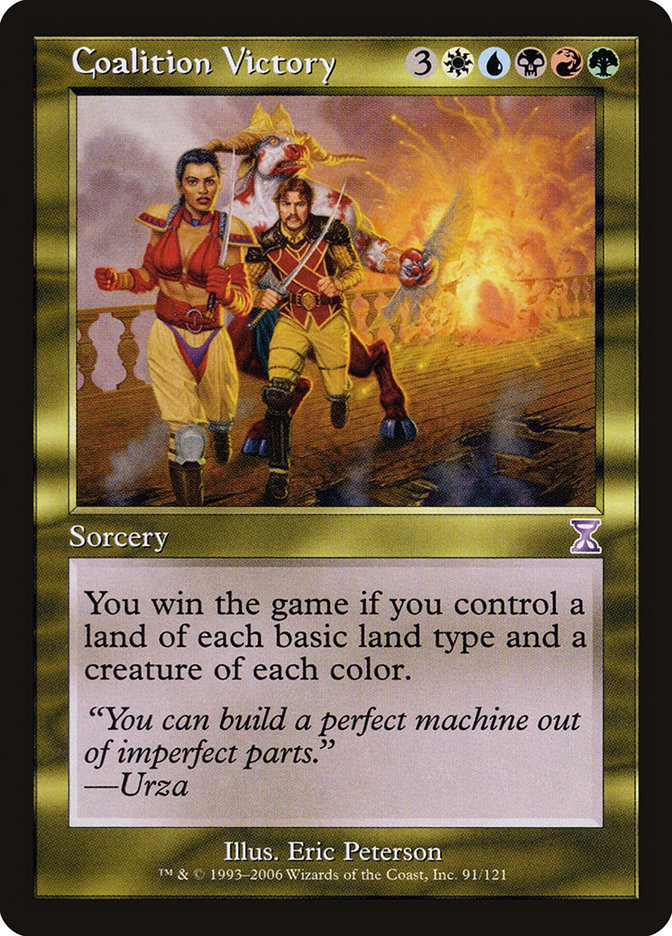The announcement last week pertaining to Jim Davis and the rest of Team MetaGameGurus had everyone shocked in one of the most peculiar ways I’ve ever seen.
Social media was buzzing with “it’s about time” and “the future is finally here” among other things. The advent of the “super team” has been upon us for years with Pantheon, EUreka, and even newcomers Team Bolas. Magic teams with sponsorships aren’t a novel concept, nor are they unheard of, but in the world of competitive Magic, such a team is often treated like either a rarified unicorn or an unobtainable luxury that the average player cannot achieve.
Well, I’m here to tell you that you’re wrong.
While I can’t just help you get sponsorships, or “phat paid” as the kids are calling it nowadays, I can teach you the fundamentals of creating a team in your local/state area that can vastly help your abilities increase as a player. All the things we’ll talk about today should give you the boost you need to start making your mark.
Tip #1: The Importance of Den Mothers
Every team has a captain. This may be the most difficult thing when it comes to the creation of your new team, but it is perhaps the most important. One common misconception is that your captain is automatically the de facto “best player” on your team, when it is in fact anything but.
The role of a Den Mother is to rein in and supervise. If you’ve ever dealt with Magic players, and by reading this I assume you have, you’ll not need a lesson on why that may prove the most challenging task.
On almost every team I have been a part of, I’ve worn the mantle proudly. This means finding out what tournaments are in the area, researching flights and booking hotels, organizing playtesting sessions, procuring cards, and working towards making the team as productive as it can be.
It can be a bit of a headache, but the reasoning for this is entirely because competitive Magic players want to be effective when they play in tournaments; however, many fail to understand that they are not as good as they think they are. It’s the same attitude fostered by stereotypical only children, that they can do no wrong and everything else is to blame. We eliminate that with the strength of the team and the Den Mother as a parent-figure.
You might think that this is far too extreme a step to take, but appointing a responsible member of the team as your captain will put someone who only has your best interests at heart in a position to best allow you succeed.
Tip #2: Uncover Your Identity
I was on a team once where our goal was to travel as much as possible throughout Florida and win every tournament we played in. We would have the best decks, discuss every possible permutation of the metagame, and always be one step ahead of the rest of the pack. This was our goal and the entire reason for our existence.
Instead we ate a lot of pizza, stayed up until all hours of the night playing Magic Online with six of us in a room staring at one computer screen, jammed games with nonsensical decks, drafted the same pod of eight people a hundred times, and had fun. Every night was a new indulgence. We did fine at what our goals were, but above all else we were more like a family than a well-oiled machine.
It was the best time I’ve ever had playing Magic. I would trade a hundred Pro Tours to have those days back.
Almost no team will take over the world. I’ve seen a thousand teams rise and fall because they expected too much, and when things didn’t go as planned, they were quick to disband. Many grand schemes are discussed in the dead of night over a drink or two, but when they don’t reach their desired outcome, the ending isn’t pretty.
Being honest with yourself and your teammates is the most proactive way to achieve success. Do you want to all be hyper-competitive? Are you attempting to create a brother- or sisterhood? Is casual play and fun the most important aspect?
With all of that in mind, you must remain practical. A group of five or six players with very little tournament experience aren’t going to walk into the next Grand Prix and sweep the board; it’s just something that that isn’t grounded in reason. However, if the plan is to continuously get better with each passing week, playtest several times a week, learn from mistakes, and get to a point where you all believe you can compete at a higher level, that is a very noble pursuit.
Tip #3: Understand Each Player’s Skillset
One of the best parts about being on a dedicated team is that each person is going to bring something unique to the battlefield, and uncovering those strengths is the difference between a good team and a great one.
Let’s pretend for a moment!
Your team is made up of you, Paul, Leslie, David, and Dana. The goal is to do well at local FNMs and Game Days for a few months before your city gets a piece of the SCG Tour®. This means doing things a little differently from what you are used to. As the captain, you’ve identified the following:
Paul is great at tweaking numbers and making existing decks better. His innovations break mirror matches.
Leslie does amazing research. Not only does she read every single article every day, but she combs through Magic Online results for interesting and well-performing decks, browses tons of forums, and is a part of multiple Facebook groups.
David is excellent at keeping track of results and analyzing data. When playtesting a match, he’s able to see what cards performed really well and which cards were dragging the deck down. His skills give a better understanding of matchup percentages and what can be done to improve those weaknesses.
Dana is an absolute machine at playtesting. She’s an incredibly solid player and is the muscle of the group. From sunup until sundown she’ll sling spells and her abilities won’t decrease. If you need to understand the logistics of a certain matchup or get a better feel for it, she won’t pass on the chance to play a ton of Magic.
Then there’s you! You’re responsible and excellent at planning. You coordinate the playtesting sessions of the week ahead, figuring out where to go and whose house is best suited for testing. With all the data you pick up, you create spreadsheets and Google docs to share with your team so everyone has access to the same information to data mine. Along with playing Magic as much as you can, you never stop trying to ensure your team is well-prepared.
At your team’s inception, you had a meeting where you each discussed your strengths as well as your weaknesses. Paul might be great at working on decks, but he’s bad at accepting ideas are outside the box. Leslie is a wealth of knowledge, but makes a ton of play mistakes. David compiles information very well, but gets easily distracted when he’s trying test. Dana may be a fantastic playtesting partner, but she doesn’t take criticism well. You are the heart of the team, but you hardly ever win even at the local level.
Each one of you has a gap that the others can fill, so allocating the skillsets of the individuals who comprise your team for members to learn from is one of the best ways to improving all players involved. You all need to become spokes in a wheel. If the agreed goal is to take your local scene by storm and move on to bigger and better things, make sure every piece is in place.
Tip #4: Don’t Fear Commitment
An easy pitfall for teams and teambuilding is that members treat the entity as a revolving door. Retention rate is an important factor in creating a powerful foundation that will last and pay out dividends.
If you look at some of the best teams Magic has to offer, one thing that remains constant is their lineup. CFB with LSV, Wraptor, Matt Nass, and others or the Peach Garden Oath for Pantheon contain a core group of players who simply work very well together and remain a constant. This creates camaraderie that is impossible to duplicate when new people are coming and going while shaking up things and disrupting a structured process.
This doesn’t mean that new blood shouldn’t be infused, because adding valuable members or subtracting ones who no longer have a drive to play Magic is a natural process that is 100% going to happen to whatever team you play on, but a huge part of being successful is being able to look at each member and say that you’re committing to them in order to be a part of a bigger picture.
I get it. Most of us are Millennials. Commitment isn’t in our repertoire and just the mention of it scares the heck out of some of you. That’s okay! Magic isn’t marriage! You don’t have to be afraid of it!
At its core, the best teams that I have been a member of had a much stronger sense of internal harmony and preservation than most other institutions.
A shortcoming, which I brought up earlier, is a team disbanding because a goal isn’t made in a rather short time. For example, some friends upstate made a team that did pretty well locally, but literally fell apart after each member failed to Day 2 a Grand Prix. They blamed each other for poor deck choices and a severe lack of preparation. “Why would I want to be on a team where no one takes things seriously?”
To be on a team is to cheer each other on to success and also be there to figure out what caused the failures. An event where no one does well is a learning experience. What went wrong? Where did the breakdowns occur? Is more testing needed or did the team fixate too much on a deck? Instead of immediately finding the faults and throwing away what you’ve built, spend the time and effort ensuring that you come back stronger. In short, commit to the idea of excellence.
Enjoy the examples set by the biggest and best teams on the planet, but the last tip is very simple: strive to have fun with the people you love playing Magic with. Sometimes success isn’t measured by tournament wins or high-profile finishes, but instead by the friendships you make that can last for a lifetime.
Good luck creating something special.


